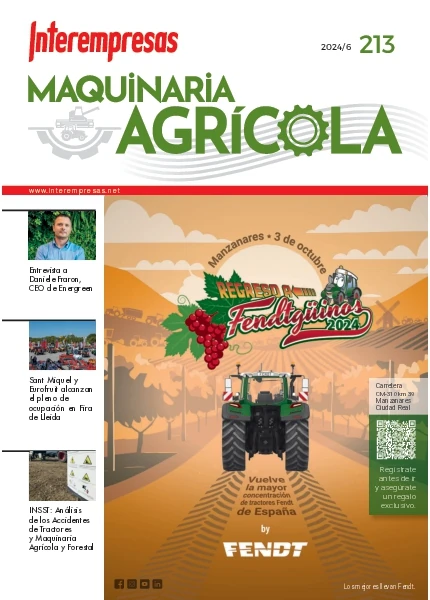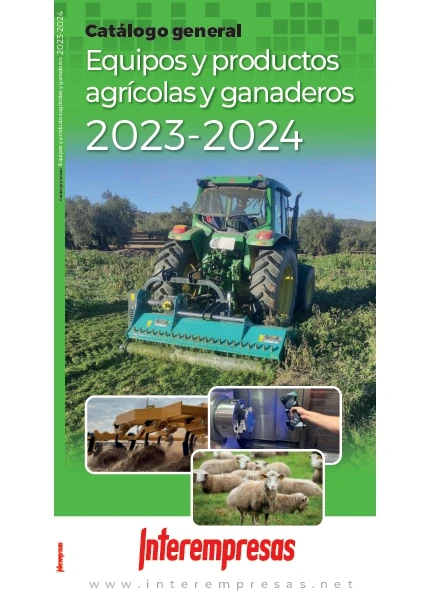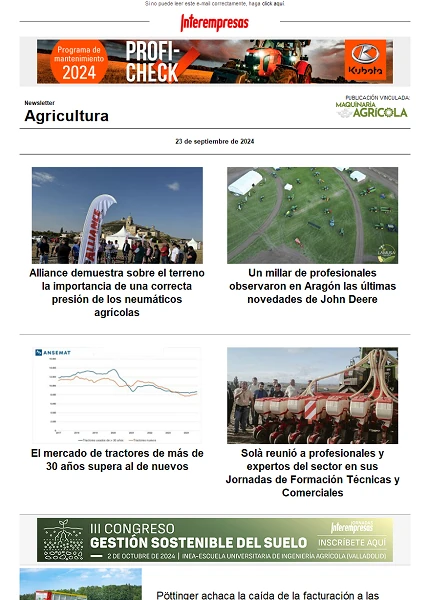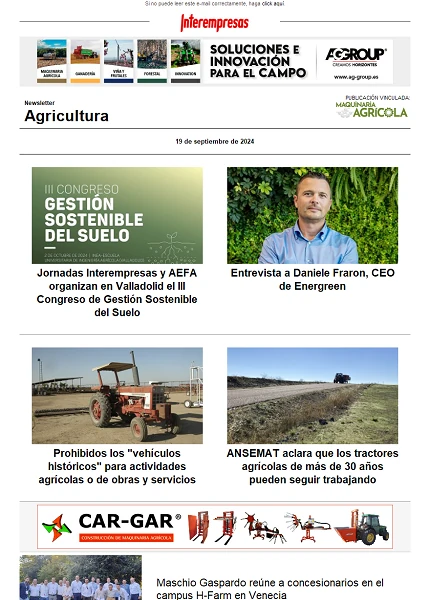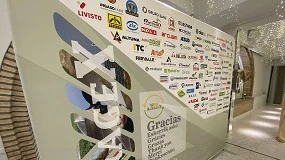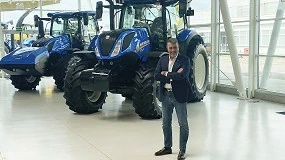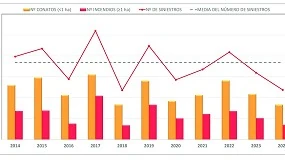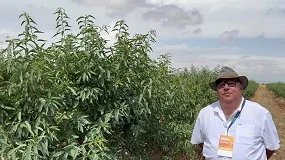Un estudio de la UPO relata la transformación agrícola de Almería y Granada de la mano de sus protagonistas
26 de octubre de 2010
El estudio parte de los inicios de la década de los 50, cuando la población campesina de la zona, aquellos que cultivan la tierra para la subsistencia, se veían obligados a desplazarse a las campañas agrícolas de Sevilla, Cádiz o Granada e, incluso, a emigrar para sobrevivir. Esto era debido a que los cultivos de la región eran extensivos y con gran dependencia de las condiciones climáticas, en una época donde se sufrieron varios periodos de sequía. La situación comienza a cambiar en las décadas de los 60 y 70, con el respaldo del Instituto Nacional de Colonización. El régimen creó las condiciones para estabilizar las zonas de origen, parcelando la tierra e impulsando técnicas como el enarenado. Toda la familia se implicaba en el trabajo, especialmente las mujeres, quienes compaginaban la casa, los hijos y la labor en los invernaderos. “El punto de inflexión en el que el poniente almeriense y la costa granadina pasan de ser tierra de emigrantes a destino de inmigrantes lo marca la puesta en marcha de la agricultura intensiva”, apunta José Francisco Jiménez. En su estudio, el investigador de la UPO recoge cómo, en la década de los 80, los agricultores retoman técnicas tradicionales como el invernadero tipo parral y van más allá introduciendo el uso de plásticos. De esta forma, los invernaderos se asientan como un modelo de producción que desborda a la familia y empieza a atraer personas procedentes, sobre todo, del norte de África. “Relatos biográficos de agricultores. Memoria de la revolución agrícola en la cosa de Almería y Granada” es el tercer libro de José Francisco Jiménez, y el segundo como solo autor.


